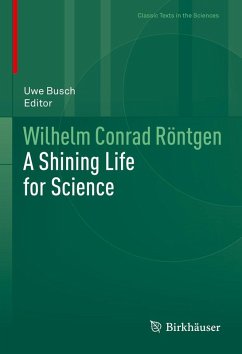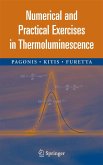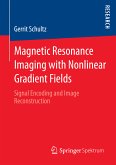However, Röntgen's scienti¿c work cannot be reduced to this one great discovery alone. He was an excellent natural scientist, and his spirit of research is still an example for many scientists today. Röntgen's very special interest in precision physics is also more topical than ever. This carefully curated volume offers a multifaceted view of an outstanding natural scientist and provides insights into his personal legacy.
Dieser Download kann aus rechtlichen Gründen nur mit Rechnungsadresse in A, B, BG, CY, CZ, D, DK, EW, E, FIN, F, GR, HR, H, IRL, I, LT, L, LR, M, NL, PL, P, R, S, SLO, SK ausgeliefert werden.









